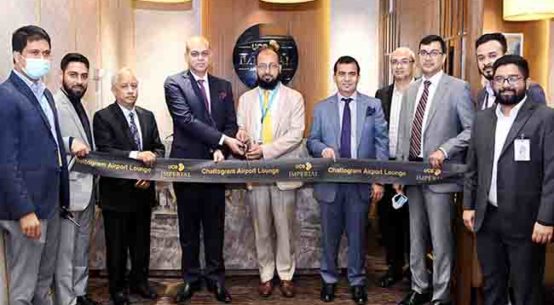The European Union (EU) and Palli Karma-Sahayak Foundation (PKSF) on Thursday signed a Grant Agreement to implement a new project for extreme poverty reduction in the country.
The signing ceremony of the project titled “Pathways to Prosperity for Extremely Poor People (PPEPP)-European Union” was held at PKSF Bhaban in Dhaka.
PKSF Managing Director Nomita Halder ndc and Head of Cooperation, EU Delegation to Bangladesh, Maurizio Cian inked the agreement worth EUR 22.81 million on behalf of their organisations.
The PPEPP-EU project will support 215,000 most vulnerable extremely poor households (about 0.86 million people) in 145 unions of 12 districts where poverty rates are higher than the national average.
The specific objective of the project is to enable the target people to exit from extreme poverty and make significant progress along a pathway towards prosperity, according to a media statement.
The project will work in the flood-prone river basin area of the northwestern region (Rangpur, Kurigram, Dinajpur, Thakurgaon, Nilphamari and Gaibandha), cyclone and saline-prone southwestern region (Khulna, Satkhira, Bagerhat, Patuakhali and Bhola), and northeast haor region (Kishoreganj) and some ethnic minority clusters in the north.
The project will work around livelihoods and enterprise development, nutrition and primary healthcare, access to services through community mobilisation, disability inclusion, climate resilience building and women empowerment, added the statement.
Target groups will include women-headed households, single mothers, the elderly, households with child labour, persons with disabilities, people of the third gender and intersectional groups such as ethnic minorities.
PPEPP-EU’s legacy project – Pathways to Prosperity for Extremely Poor People (PPEPP) – was originally launched by PKSF in 2019, with joint funding from the UK government’s Foreign, Commonwealth and Development Office (FCDO; formerly DFID) and the EU.
Following FCDO’s exit from the project after four years of successful interventions, the EU signed separate grant contracts with the Economic Relations Division, Ministry of Finance, GoB, and PKSF to continue the project for the next three years, the statement read.


